
If you’re like most people, you know that when you’re arrested, police read you a Miranda warning, which can also be called Miranda rights.
But what are your Miranda rights, and what do they mean?
The Miranda Warning: What You Need to Know
Police only have to give you the Miranda warning if they intend to question you while you’re in custody. They don’t have to Mirandize you if they’re simply asking you questions on the street. For example, if you’ve been stopped and frisked in Chicago, and the police choose to ask you questions, they don’t have to read you your Miranda rights.
What the Miranda Warning Says
“You have the right to remain silent. Anything you say can and will be used against you in a court of law. You have the right to an attorney. If you cannot afford an attorney, one will be provided for you. Do you understand the rights I have just read to you? With these rights in mind, do you wish to speak to me?”
What the Miranda Warning Means
The Miranda warning is very clear when it comes to your rights.
You have the right to remain silent. You do not have to talk to police if you don’t want to do so. You can invoke your right to remain silent at any time—even during questioning. If you realize that you shouldn’t be answering questions halfway through an interrogation and you indicate that you want to remain silent and that you want a Chicago criminal defense attorney, the interrogation has to stop.
Anything you say can and will be used against you in a court of law. Remember that police are keeping track of everything you say and do, and they can (and will) use it in court. The things you say and do could be used to prove the prosecution’s case against you.
You have the right to an attorney. If you cannot afford an attorney, one will be provided for you. If you request a lawyer, all questioning has to stop until you have a lawyer. If you can’t afford a Chicago criminal defense attorney, the court will appoint a public defender for you. If you request an attorney, be clear about it. Don’t say, “I think I need an attorney.” Say, “I want to talk to my lawyer before I answer any other questions,” and then use your right to remain silent.
Do you understand the rights I have just read to you? With these rights in mind, do you wish to speak to me? You always have the right to stop answering questions. In most cases, it’s best if you talk to an attorney—even if you’re completely innocent—before you answer any questions coming from law enforcement.
Do You Need an Attorney?
If police have arrested you for any reason, or if they’ve indicated that they suspect you of committing a crime, it’s a good idea to talk to a Chicago criminal lawyer who can help you.
Call us at 847-920-4540 or get in touch with us onlinefor a free case evaluation before you answer any questions. Your future could be at stake.

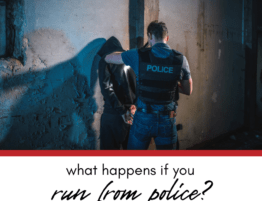
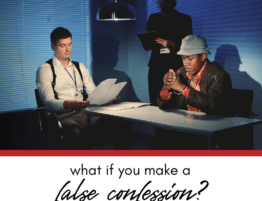

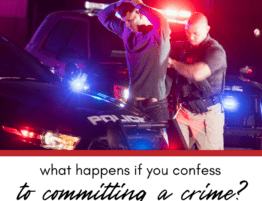

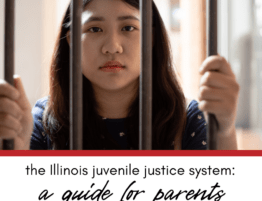
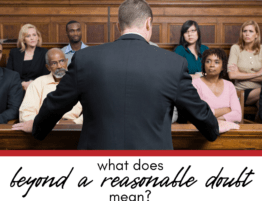
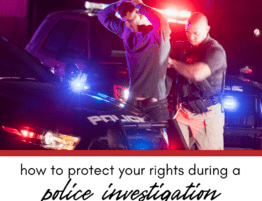

Write a comment: